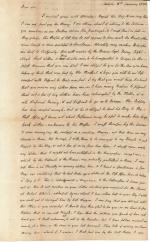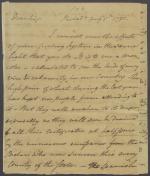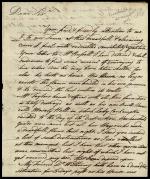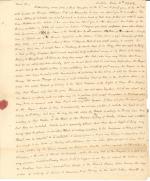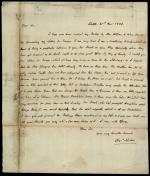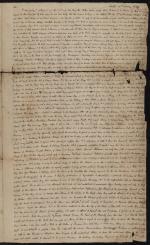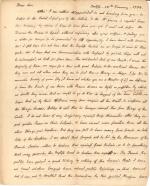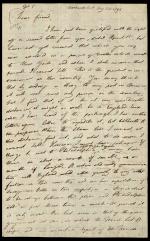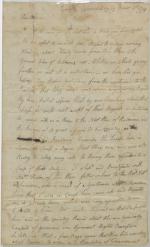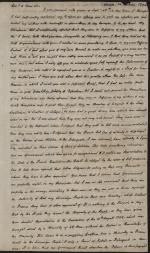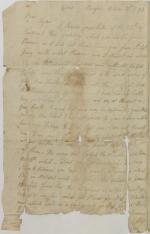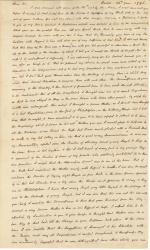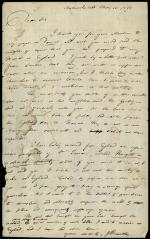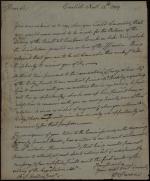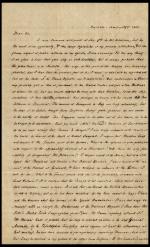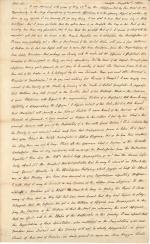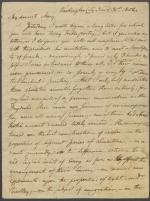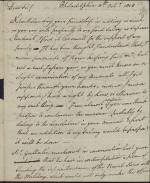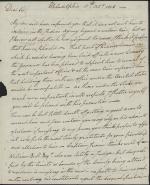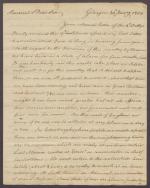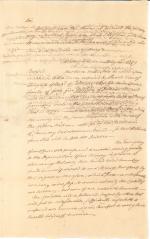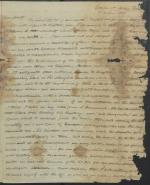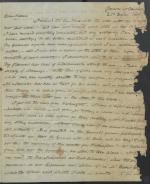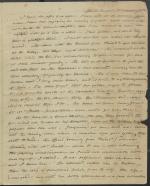Dickinson President Charles Nisbet writes a series of five letters to William Young that mostly focus on Nisbet's transactions with Young as a printer and book dealer. Nisbet criticizes the August issue of one of Young's magazines, declaring it "a vehicle of infidelity, blasphemy, & ribaldry...
- COVID-19 Project
- Home
- Archival Material
- College History Projects
- Subject-Based Digital Projects
- Carlisle Indian School Resources
- LGBT History Project
- Three Mile Island (TMI) Resources
- Civil War Resources
- James Buchanan Resources
- Slavery and Abolition in the U.S.
- Russian and Slavic Resources
- AIFS / AIFS Foundation Collection
- Books of Isaac Norris
- Writings by Dickinsonians
- Digital Images on Flickr
- Dickinson @ Internet Archive
